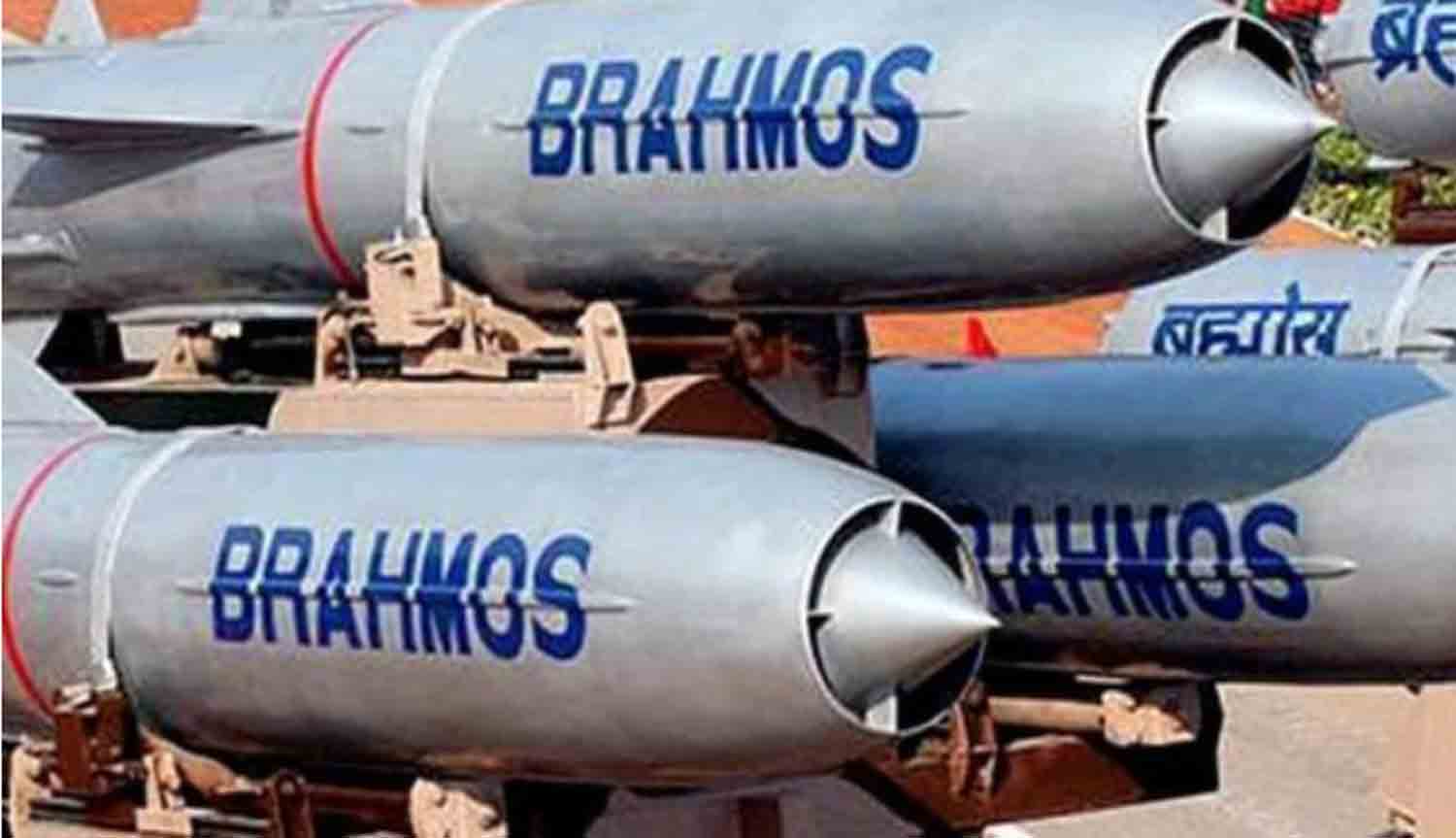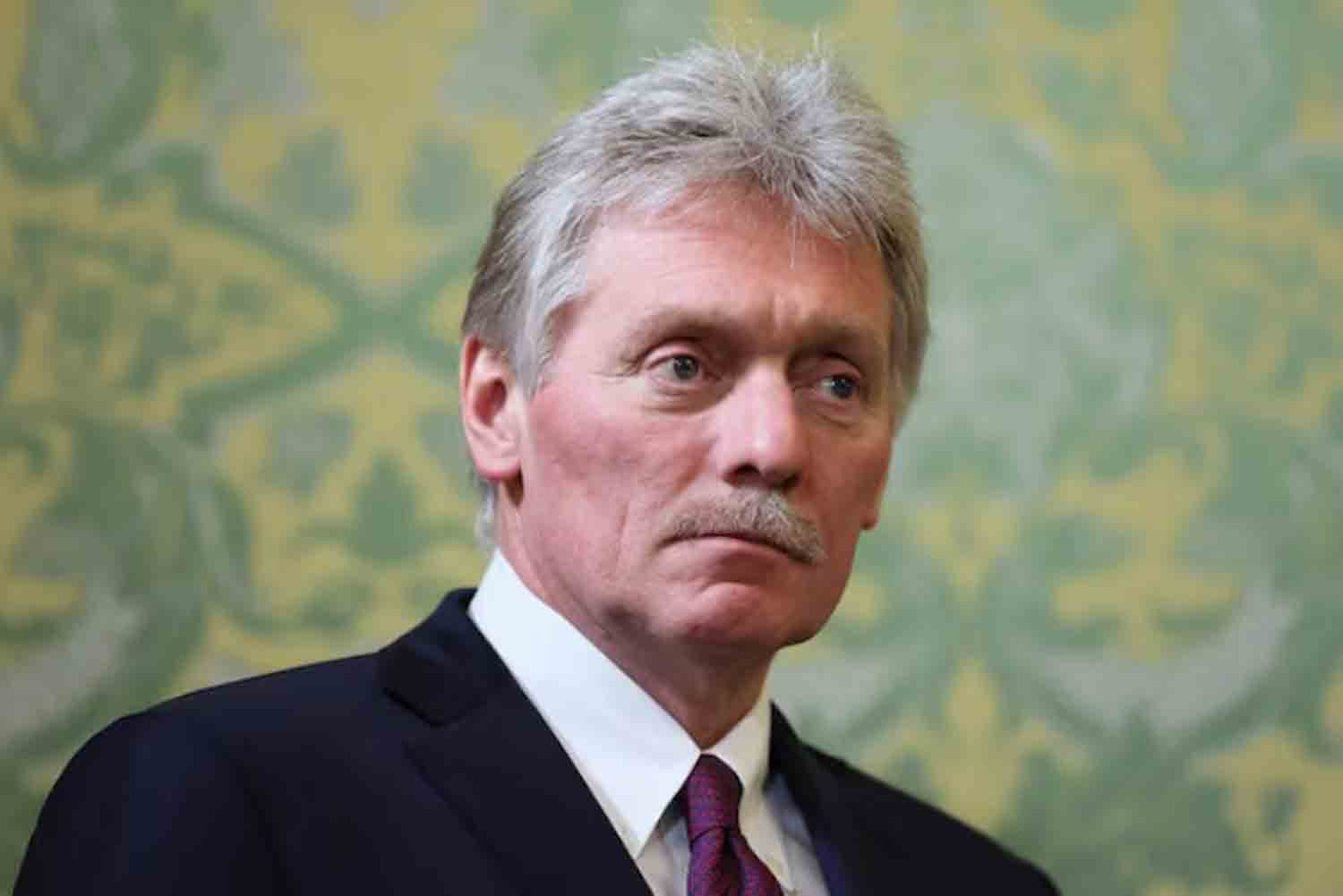U.S. President Donald Trump has pledged to bring a quick resolution to the conflict in Ukraine. However, as negotiations are set to commence, the author of “The Art of the Deal” may have inadvertently complicated his position by diminishing his negotiating power.
On January 20, Trump, who assumed the presidency, engaged in separate discussions regarding the war with Russian President Vladimir Putin and Ukrainian President Volodymyr Zelenskiy. He instructed U.S. officials to initiate talks aimed at concluding the nearly three-year conflict.
These conversations followed remarks from Defense Secretary Pete Hegseth, who informed Ukraine’s military allies in Brussels that restoring Ukraine’s borders to their pre-2014 state—prior to Russia’s annexation of Crimea—was not feasible. He also indicated that NATO membership for Ukraine was not part of the solution and confirmed that U.S. troops would not participate in any security arrangements in Ukraine.
Michael McFaul, who served as the U.S. ambassador to Russia during President Barack Obama’s term from 2012 to 2014, expressed skepticism about the Trump administration’s approach to Russia and Ukraine in light of the upcoming negotiations.
“Why is the Trump administration offering concessions to Putin—Ukrainian territory and the exclusion of NATO membership for Ukraine—before talks even start?” McFaul questioned on the social media platform X. “In my experience negotiating with the Russians, you should never concede anything without receiving something in return.”
Currently, Russia controls approximately 20% of Ukraine and has insisted that Kyiv relinquish territory and adopt a stance of permanent neutrality as part of any peace agreement. Conversely, Ukraine demands the withdrawal of Russian forces from occupied areas and seeks NATO membership or equivalent security assurances to deter future aggression from Moscow.
Putin has consistently stated that Russia is willing to engage in discussions to resolve the conflict, yet he maintains that Moscow will fulfill its objectives in Ukraine, which include the country’s “demilitarization” and ensuring its neutrality.
Officials from the Trump administration had indicated for some time that they would not endorse all of Ukraine’s aspirations, but comments made by Hegseth and Trump have startled European partners.
Former Lithuanian Foreign Minister Gabrielius Landsbergis expressed concern on X, stating, “No NATO membership, no boots on the ground? Sounds like abandoning Ukraine,” in reaction to Hegseth’s statements, which come just before the Munich Security Conference where political and military leaders will convene later this week.
“Delegates are heading to Munich not to negotiate, but to inform Zelenskiy of the unfortunate news.”
When asked later on Wednesday if Hegseth’s comments had diminished U.S. leverage, Trump responded to reporters, “I’m backing Ukraine.”
‘ACCEPTANCE OF REALITY’
Stephen Wertheim, a senior fellow at the Carnegie Endowment, characterized Hegseth’s remarks as an “acceptance of reality.” He clarified that Hegseth’s statement does not suggest any U.S. intent to recognize occupied Ukrainian territories as legally Russian, and noted that excluding NATO membership “indicates to Russia that a feasible settlement might be possible.”
Since the onset of the war in February 2022, President Joe Biden and European allies have remained steadfast in their demand for Russia’s withdrawal while keeping the door open for potential NATO membership. The U.S. and Europe have provided Ukraine with tens of billions of dollars in military assistance.
Russia has faced diplomatic isolation within the United Nations, where a significant majority of the 193-member General Assembly has consistently voted to condemn Moscow’s invasion of Ukraine and call for the withdrawal of its troops. On Wednesday, the Kremlin announced that Putin and Trump had agreed to meet, with Putin extending an invitation for Trump to visit Moscow. Such a visit would represent a significant advantage for the Russian president, who is currently subject to an arrest warrant from the International Criminal Court due to his actions in Ukraine.
Brett Bruen, a former foreign policy adviser during the Obama administration, compared Trump’s willingness to meet with Putin to the high-profile summits he held with North Korean leader Kim Jong Un during his first term, aimed at addressing North Korea’s nuclear ambitions. Despite these efforts, Kim continued to advance his nuclear weapons program. Bruen emphasized that such meetings should yield concessions, stating that the Kremlin should not only release more American detainees but also relinquish territory in Ukraine.
MINIRALS AGREEMENT AS SECURITY SHIELD
In conjunction with Trump’s statements and Hegseth’s comments, U.S. Treasury Secretary Scott Bessent visited Kyiv, where he indicated that a minerals agreement between Kyiv and Washington could serve as a “security shield” for Ukraine in the post-war context.
President Zelenskiy expressed his willingness to negotiate a deal that would allow U.S. investment in Ukraine’s mineral resources. On Wednesday, Trump suggested that a minerals deal could secure U.S. financial support for Ukraine, stating, “I told Biden, I said: ‘You ought to be asking for either a loan or some kind of a security, like their oil and gas or something for the money’.”
John Herbst, who served as the U.S. ambassador to Ukraine from 2003 to 2006 during President George W. Bush’s administration, remarked that the U.S. has lost some of its leverage with Russia, but he viewed Bessent’s visit to Kyiv as a positive development.
“Trump is suggesting a trade of American weapons for Ukrainian minerals. This aligns with Trump’s rationale for supplying arms to Ukraine,” Herbst stated. “This is significant and very encouraging.”
However, he cautioned that a swift agreement on imbalanced terms could set a troubling precedent.
British lawmaker and former foreign secretary James Cleverly commented that initiating negotiations by outlining concessions from one side is “not a strong move.”
“Creating the impression that aggression yields rewards is not a wise strategy. Other regimes are observing closely. We must convey that violence and aggression do not prevail. I stand with Ukraine,” he expressed on X.
Discover more from Defence Talks | Defense News Hub, Military Updates, Security Insights
Subscribe to get the latest posts sent to your email.





